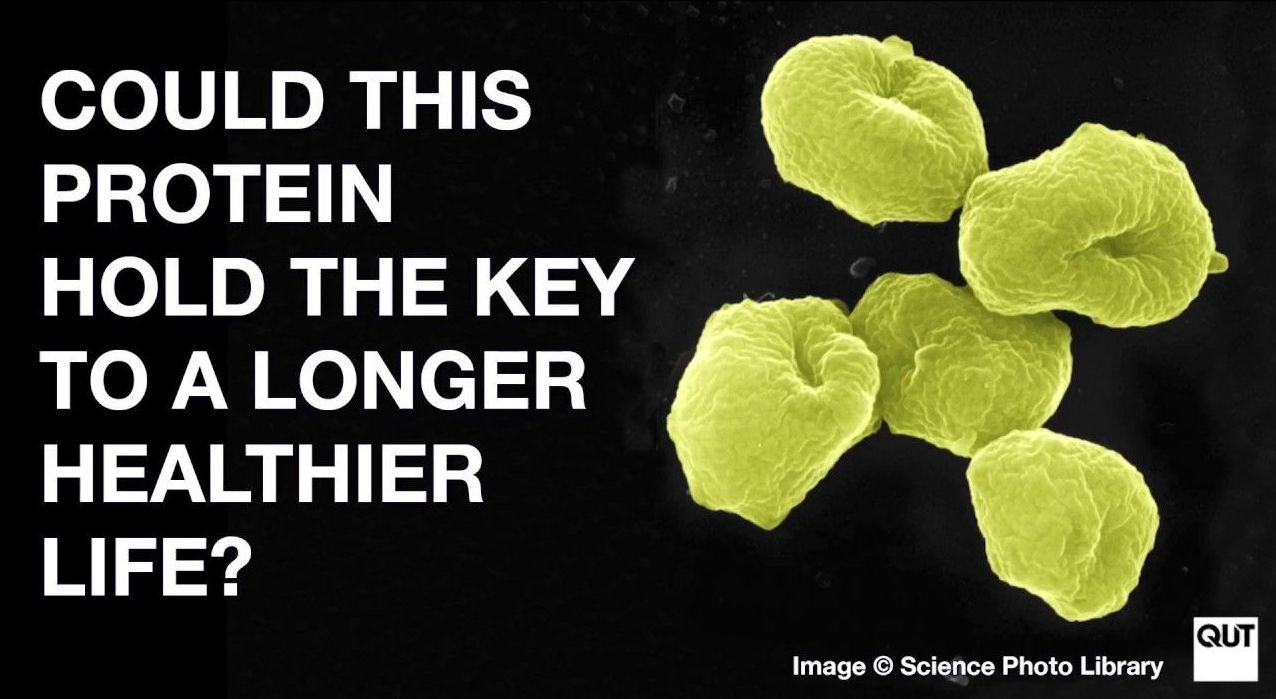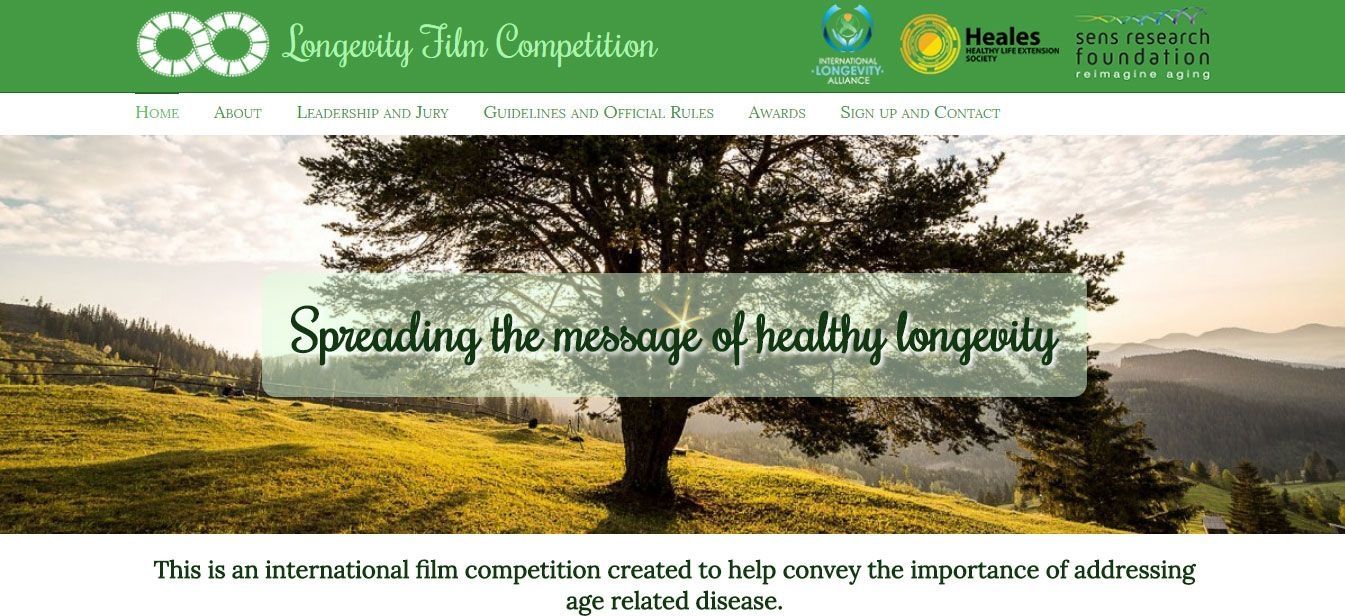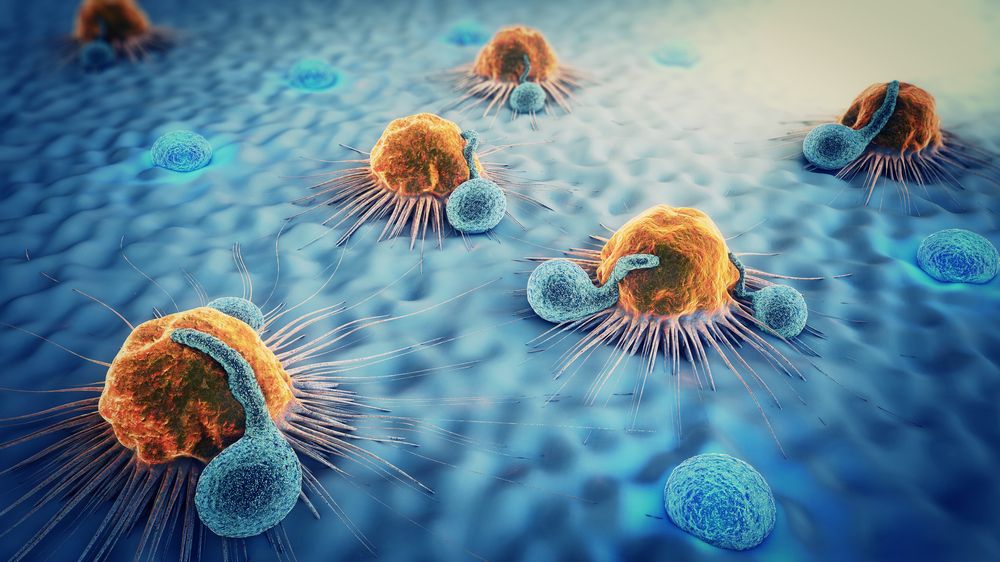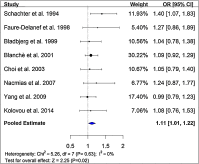Jul 7, 2018
How hardy volcanic microbes helped track down an anti-aging “superhero” protein
Posted by Ian Hale in categories: biotech/medical, life extension
A team of scientists, looking to figure out how hardy little creatures known as archaea thrive in boiling, volcanic pools of sulfuric acid like they were hot tubs, may have uncovered the key to an anti-aging drug. By manipulating a so-called “super hero” protein common to both archaea and humans, the researchers found a way to “trick” cells into acting younger by keeping the DNA repairing process running much longer than usual.
In previous studies, the researchers examined how archaea have managed to survive in such harsh conditions for billions of years. Eventually they determined that a protein called ssB1 was responsible by helping the organisms repair damage to their DNA. The team says the real eureka moment came when they discovered that we humans have our own versions of this protein, hSSB1.

















